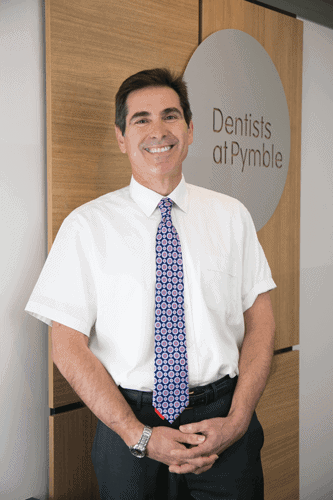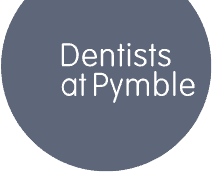
Many long term studies indicate that dental implant procedures are highly successful. However, each potential patient needs to be assessed carefully prior to undertaking the procedure. An assessment can include for example a full medical check, a 3-Dimensional scan of the jaw and treatment of any existing disease. Age is generally not a restriction to implant procedures. However, people who smoke or are diabetic can have lower success rates associated with these procedures.
A dental implant procedure, after initial assessment, is generally broken up into two phases. These include an initial surgical phase followed by a restorative phase.
The surgical phase involves the placement of the titanium screw within the jaw bone. This is done by making a small cut in the gums and using a series of drills prior to positioning the implant. Stitches are usually required after this. Such a procedure is generally done while the patient is awake and with the site under local anaesthetic. Patients are often concerned with the pain associated with this stage. However, most people report very little to no pain during or after the procedure. The implant is then allowed to heal for a period of three to six months.
The final restorative phase involves taking an impression or mould of the implant and fixing the final implant crown using a titanium or gold screw. This part of the procedure generally does not require any form of anaesthetic.
Caring for dental implants is like caring for one’s own teeth. They require regular brushing and flossing and regular six-monthly checks by your dentist. Decay cannot affect implants but poor hygiene habits leading to gum disease can seriously destabilise the titanium screws.
Complications associated with implants are minimal and are discussed with each patient during the initial assessment stage. Dental implants have been in use for over fifteen years and can be expected to last for a very long time.
The range of problems that can be solved by using dental implants is ever increasing. For example a broken tooth can be extracted, an implant inserted and a temporary implant crown positioned on the same day with the expectation that it will work efficiently.
Some dental procedures including dental implants are invasive and irreversible. To ensure you are a good candidate, and to fully understand all of the potential risks and benefits, please make an appointment with one of our experienced clinicians on 9488 7555. Any surgical or invasive procedure carries risks. Before proceeding, you should seek a second opinion from an appropriately qualified health practitioner.
